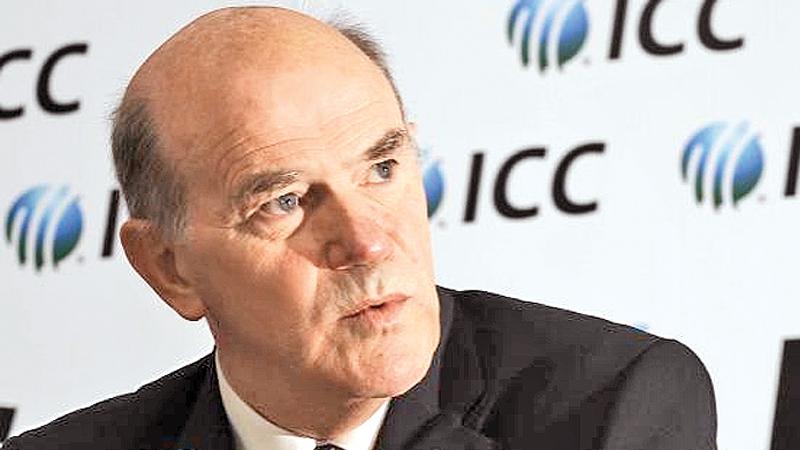
The whole match fixing saga in Sri Lanka came to light after Al Jazeera aired a documentary claiming that a pitch-fixing drama took place in Galle many years ago. Though this was happening each time Test matches were being played there, the story broke only when Al Jazeera journalists videoed an interview with the curator and a former player who are alleged to be involved in doctoring pitches to suit illegal betting syndicates.
It was from this point onwards that the International Cricket Council (ICC) began probing the affairs of cricket in Sri Lanka.
The ICC anti corruption unit had timed their visit to Sri Lanka at a time when the English cricketers are here to play a series of matches.
This could be to indicate to Sri Lankan authorities that any suspicious acts of match fixing will be exposed and dealt with as a criminal offence. The punishment, after investigations will be a jail term for the perpetrators.
“There are no concerns at all about match fixing ahead of the England series”, said CEO of Sri Lanka Cricket, Ashley de Silva.
“When anti-corruption investigations are carried out, they (ICC) won’t keep anyone notified and it is done very secretively. We were not aware that anti-corruption officers were here (Sri Lanka). We got to know about it only through an ICC Press release.”
Anyway, preparing pitches that favour the home team is not new. This has been happening from time immemorial and many visiting teams to Sri Lanka have complained about the pitches not having enough grass on it.
On the other hand, pitches in Australia or South Africa are full of grass to favour the fast bowlers of that country.
Where was the ICC anti-corruption unit then?
The ICC anti-corruption unit was in Sri Lanka to lobby the Government to make match fixing a criminal offence as they investigate cases of corruption in the island. The Chairman of the ICC’s anti-corruption unit, Alex Marshall met with the Sri Lankan Prime Minister and President. Though he met them he has not named any culprits. Marshall is due to have further meetings with government officials later this month and politicians have offered more resources to fight corruption as several serious investigations reach a crucial point.
The ICC are hoping that by making match fixing and also approaching players to fix matches criminal offences in Sri Lanka, they can bring wider powers and scope to investigations while potential prison sentences would act as a deterrent to would-be corrupters. They hope to have similar discussions with officials in other countries which will follow suit if Sri Lanka takes the first step.
Match fixing is a criminal offence in Australia and South Africa under specific sports laws. In the UK, courts use the Bribery Act which is how Mervin Westfield and the three Pakistan players were sentenced, but match fixing is not a criminal offence anywhere in the sub-continent, so there is not the same police support the ICC would receive elsewhere in the world. With police help, the ICC believes they can make life difficult for fixers in other ways such as examination of bank accounts, tax returns, visa status for overseas travel and freezing of assets.
The ACU will also use more widely the charge of failing to support an investigation. If suspected fixers, either players or officials, do not hand over mobile phones or other computer records they will face punishment and the public shame of being associated and banned for involvement in corrup activities. Sri Lankan cricket is in a state of paralysis at present with Board elections on hold with three groups trying to take over. An interim board was appointed by the Sports Minister in February to run the game in the meantime.
Former President Thilanga Sumathipala is standing again but his application was opposed in court by a rival alleging he has links to bookmakers.
